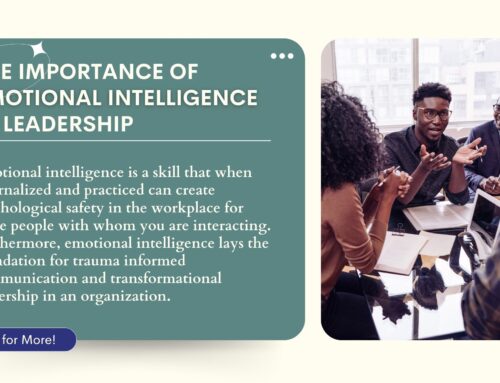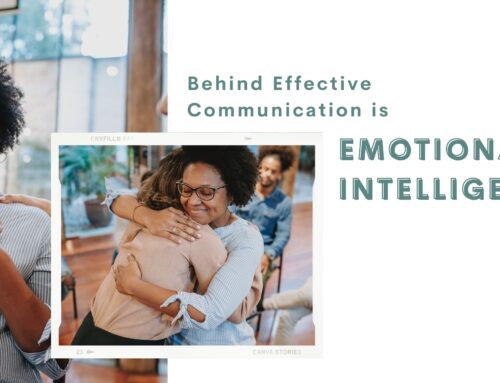
Honoring Emotional Complexity: Grief, Celebration, and Everything in Between
I don’t often talk about this, but two years ago, on January 13th, I lost my sister Kenya. She had been hospitalized multiple times, overcoming the odds again and again. However, this time was different—she did not rally. That moment is etched in my memory as if it happened just last week.
At the same time, this year, on January 13th, my sorority, Delta Sigma Theta Sorority Incorporated, celebrated 112 years of sisterhood, service, scholarship, and social activism.
As Happy Founders Day messages filled my inbox and celebratory posts flooded my social media feed, I found myself experiencing the weight of emotional complexity.
On one hand, I felt immense pride in being part of such a powerful and loving community of sisters. On the other, I reflected on my sister Kenya—hilarious, resilient, and generous—who lived an impactful 40 years before transitioning to the next life.
This is the both/and of human experience.
The Reality of Emotional Complexity
We are complex beings, constantly navigating contradictory emotions. In a single moment, we may:
-
Grieve and celebrate.
-
Laugh while carrying sadness.
-
Feel both lost and free.
-
Hold fear and faith simultaneously.
-
Experience anger yet still crave connection.
-
Find joy even within painful circumstances.
-
Feel gratitude despite suffering.
This is the messiness of life—the paradox of human emotion. However, rather than viewing this as a struggle, we can see it as a strength. Emotional complexity is not something to suppress; it allows us to process, grow, and connect with others on a deeper level.
Why Emotional Complexity Matters Now More Than Ever
In today’s world, empathy is declining, and society often pressures us to see things in black and white. Yet, learning to navigate emotional complexity is essential for both personal well-being and collective healing.
In the coming months and years, we will need:
-
Effective (non-violent) communication to bridge divides.
-
Trauma awareness, sensitivity, and responsiveness to create healing spaces.
-
Emotional intelligence to better understand ourselves and those around us.
-
Behavioral flexibility to adapt to new challenges.
-
Deep listening to hold space for different perspectives.
After all, we never truly know what invisible wounds others are carrying.
Building a Culture of Emotional Safety
Embracing emotional complexity is essential for fostering psychological safety—whether in families, workplaces, or communities. While some may dismiss emotional intelligence as a buzzword, it is actually the foundation for:
✅ Stronger human connections.
✅ Healing and self-regulation.
✅ Empathy and compassion.
✅ Greater resilience—both individually and collectively.
Honoring the Both/And Within Yourself
Personally, I am grateful for the tools and practices that help me navigate my emotions during this time. They allow me to hold space for both grief and joy, reflection and celebration, sorrow and gratitude.
Now, I invite you to reflect:
-
What are the complexities you are experiencing?
-
What is the both/and you are holding right now?
Consider this—connection, not isolation, is where we will find strength, resilience, and healing. By embracing emotional complexity, we create space for healing—not just for ourselves, but for those around us.
Create Psychological Safety in your communities and organizations and leave people feeling seen, heard, understood, valued, appreciated, and respected. Want to know how I help individuals and organizations heal? Contact Dr. Clairborne to discuss all the ways she can help you. Learn more: https://www.mindremappingacademy.com









